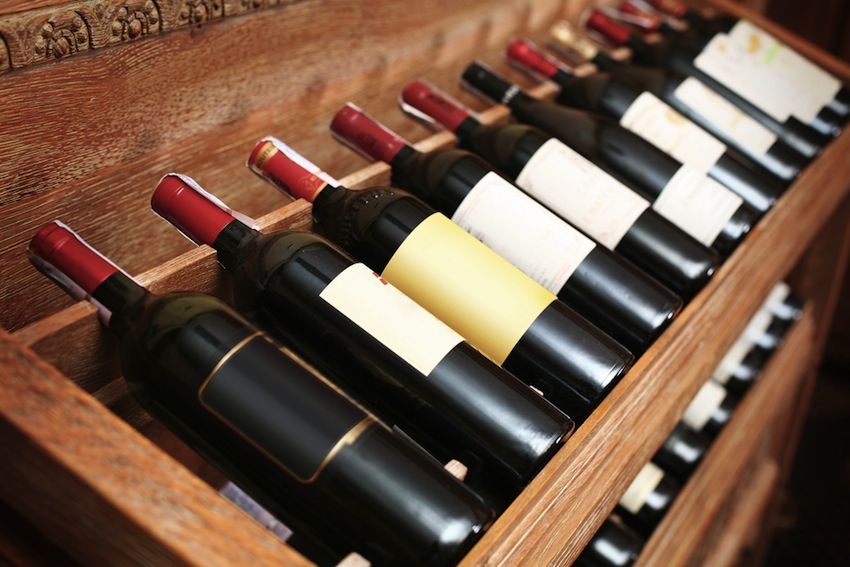Alcohol Licensing Process Will Get Easier For Liquor Store Owners

Wine photo via shutterstock.com
In a state with antiquated liquor laws, where it can take months to get permission to sell alcohol, officials announced this week that it will begin streamlining the process to approve applications for retail licenses.
According to officials from the Alcohol Beverages Control Commission, the agency that oversees Massachusetts liquor laws, effective May 28, the commission implemented additional steps to speed up the retail license approval process to benefit the retail beverage alcohol business community.
Acknowledging that the process to obtain a license can be daunting, because state law requires an applicant to first get a release from the Departments of Revenue and Unemployment Assistance before getting the stamp of approval from the ABCC, the commission says it “found a collaborative solution which will allow us to obtain the required tax releases more quickly and efficiently,” by allowing applicant to submit their information directly to the DOR, rather than going through the ABCC first.
The ABCC said in a statement that the 25- year-old procedure caused “many delays” that could stretch for as long as four to six weeks until the DOR could finally send back the tax release. The delays were often caused by a seller or applicant’s inattention, incorrect information, or failure to make the required tax filings or tax payments.
“Different things have to be clarified, things have to updated, and it wasn’t an efficient process. It was us being the middle man between the owners and the Department of Revenue,” a spokesperson from the ABCC said. “A lot of times, us as an agency can’t speak on behalf of the applicant,” when conferring with the DOR, ultimately delaying the process.
The new streamlined process applies to both renewals, and first-time applicants, according to officials from the ABCC. The first phase of implementing an e-licensing process is also in the preliminary stage, but likely won’t begin until next summer. Once the new process is fully integrated, the ABCC will begin looking into allowing application submission online.
State Senator James Eldridge, D-Acton, who has kept an eye on the seemingly outdated liquor laws in Massachusetts, and more than once filed legislation to uncap the amount of licenses individual communities can dole out to business owners, said the ABCC’s latest move is a step in the right direction to fixing a system that doesn’t always work. “It’s a very positive step, and I’m pleased the ABCC is streamlining the process to obtain a liquor license,” he said. Eldridge said in the past, the ABCC was a little “too bureaucratic” and he hopes the latest reform leads to changes in state laws to make it easier for communities, and people who want to open up restaurants and bars, to obtain those licenses with ease.

